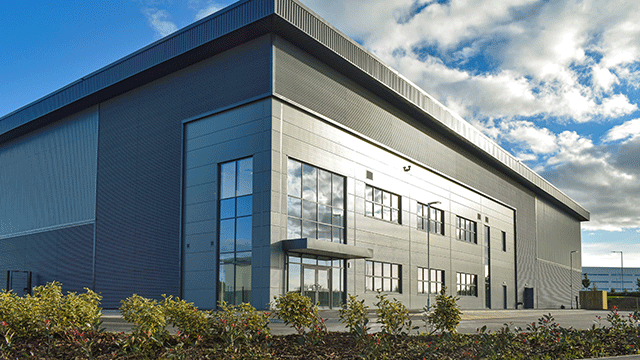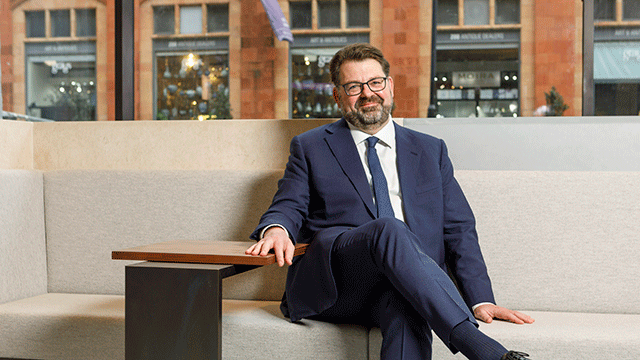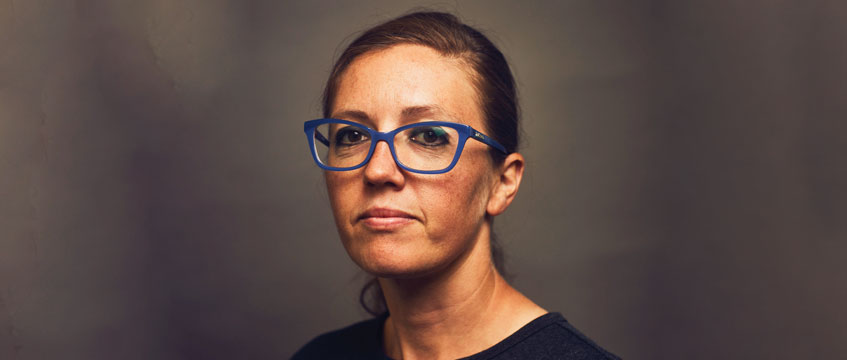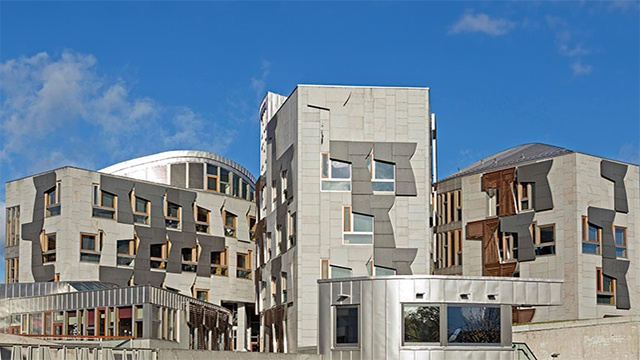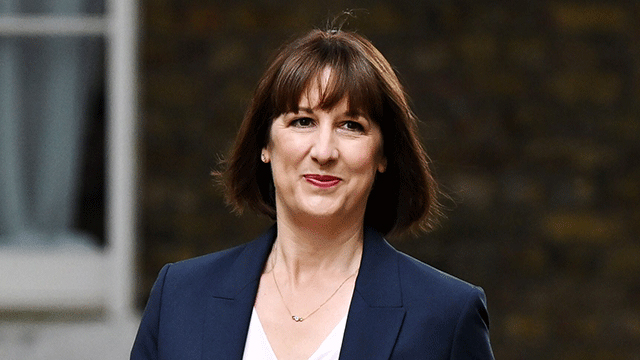EDITOR’S COMMENT Freshly returned from being (almost) completely responsible for finding my own food and water and somewhere to lay my head for the night in the great outdoors for two weeks, I feel more than grateful that my real life is largely pampered. A roof over my head, fresh water on tap, a fridge that is rarely empty – and if it is, a supermarket that is in reach. I’m looked after. I’m safe. I’m secure. I’m one of the lucky ones. And we all need reminding of that sometimes.
As I re-immersed myself in the wonderful world of real estate, one of the first stories that popped up was the ongoing saga of Home REIT.
This story really saddens me as it is an illustration of the good that the real estate sector can do and what happens when that persistent perception that the sector is full of greedy, returns-obsessed fat cats turns out to be somewhat true.
The concept of Home REIT is what this individual at least, thinks showcases the societal good that property can deliver.
Utilise investment and an apparent will from investors to make sure their cash brings benefit to all stakeholders (not just shareholders) to create much-needed homes for the hundreds of thousands of people (adults and children) across the UK who are homeless and sleeping rough.
Its stated purpose is to alleviate homelessness and to do that by building a portfolio of properties let to charities, housing associations and community interest groups, to invest in those properties to ensure high-quality accommodation for vulnerable people.
Never once did it say it was doing this as a philanthropic venture. This was about social good and returns. The two didn’t have to be mutually exclusive. Profit and purpose.
“Seeing the homeless problem in the UK, one of the wealthiest countries in the world, is abhorrent,” Jamie Beale, partner at the REIT’s then investment adviser, Alvarium Home REIT Advisors, told EG back in November 2020. “There is no reason we and others can’t use private capital to do social good while also delivering sensible returns to investors.”
There is a reason though, isn’t there? Greed. The desire to do more, make more money, be the biggest, to grow, grow, grow.
It is human beings’ greatest failure, a fault in our DNA. Most of us – and I’ll include myself in that – are never really satisfied. We always want a bit more. We get jealous. Hubris is often more powerful than humility. And we ruin things.
And then we pass the buck. We assign blame. Just like Home REIT has done this week. Not our fault, it was our advisers.
Blame is so easy. And yes, the Alvarez & Marshal investigation into “allegations of wrongdoing” at the REIT has fingered wealth manager Alvarium as the culprit, but responsibility surely goes wider, right?
Advisers advise, it is up to the advisee to make a decision. Sometimes we get bad, really bad, advice and we take it and make terrible decisions. That is just as much on us as it is the advice-giver.
Responsibility and accountability for behaviours – personal, business, whatever – lies with us all. And while the sad tale of Home REIT shows how much more work this industry has yet to do, there are leaders out there who stand accountable and do so proudly.
Read our exclusive interview with Crown Estate boss Dan Labbad on how he’s making sure he is accountable, and also this week Landsec chief executive Mark Allan underlines how vital it is that real estate shows how what it does, what it delivers, matters. For society, for the UK, and for business, not just for the bank accounts of a select group of people.
And dive deep into our new ESG supplement, included with this week’s EG, where a whole host of big names articulate just how positively powerful property can be.
Our challenge now is to ensure that their stories outweigh the sad saga of Home REIT and that the perception of property as gluttonous has no reason to persist.
To send feedback, e-mail samantha.mcclary@eg.co.uk or tweet @samanthamcclary or @EGPropertyNews





